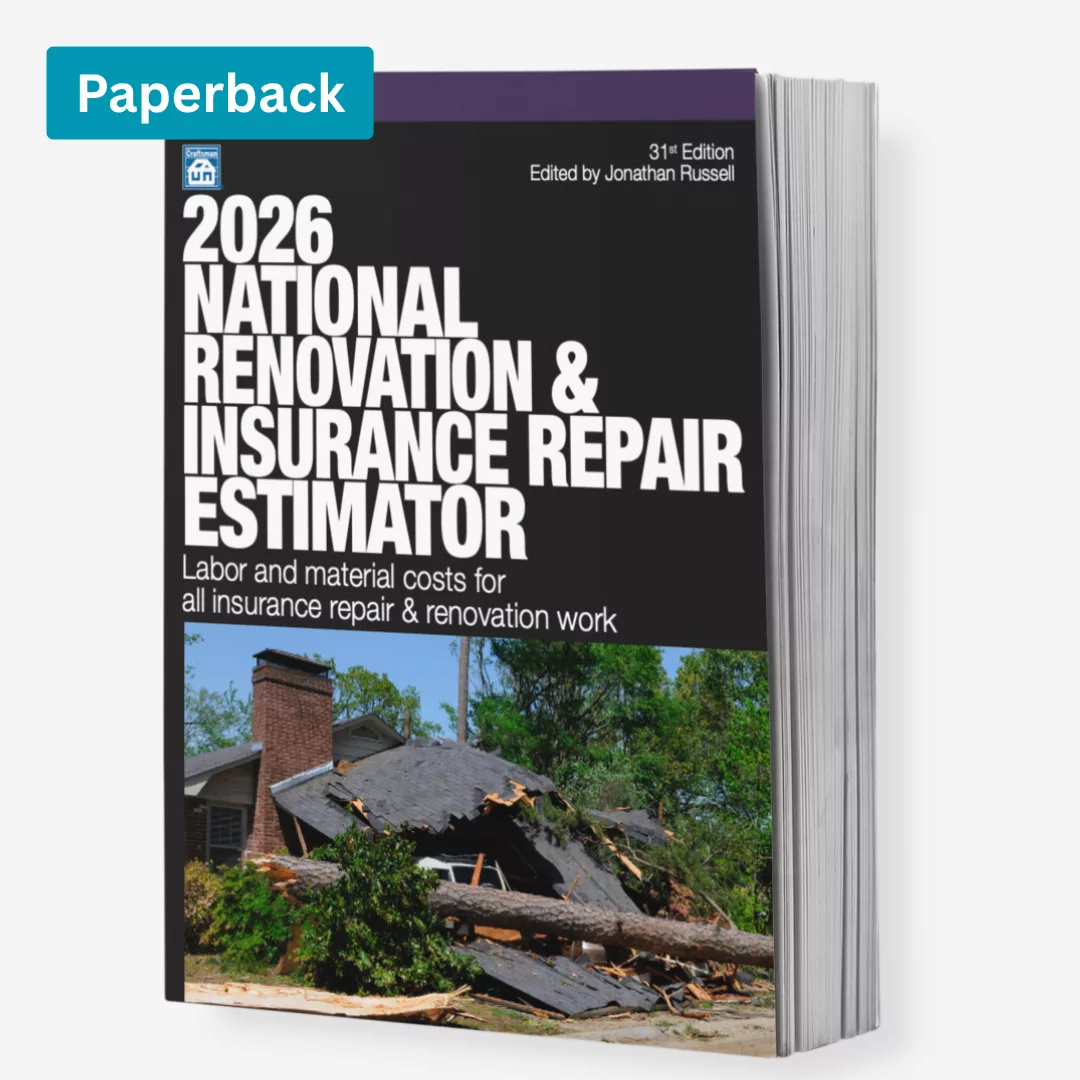Report: Nonunion Workers Suffer Up to 34% in Wage Theft Under Government-Mandated Project Labor Agreements

Associated Builders and Contractors is calling attention to a new report that highlights the negative economic impact of controversial government-mandated project labor agreements on nonunion construction workers, who comprise 87.3% of the construction industry workforce. The study found that the limited number of nonunion craft professionals permitted to work on construction projects subject to a government-mandated PLA suffer an estimated 34% reduction in wages and benefits.
“If PLAs were imposed on a significant percentage of federal construction work, hundreds of millions of dollars of compensation would be taken from nonunion workers and distributed to union pension funds and union benefits programs, which do not benefit nonunion workers,” wrote John McGowan, retired professor of accounting at Saint Louis University, who authored the study, Government-Mandated Project Labor Agreements Result in Lost and Stolen Wages for Employees and Excessive Costs and Liability Exposure for Employers.
In addition, the report found that PLA mandates unnecessarily increase nonunion contractors’ wage and benefits costs by an estimated 35% and expose firms to the risk of costly multiemployer pension plan liability.
“These additional costs make nonunion contractors less competitive with respect to price compared to firms without such duplicative benefits costs, which is likely to discourage nonunion contractors from competing for taxpayer-funded construction contracts,” according to the study.
The report’s publication comes as Congress and the White House deliberate passage of historic infrastructure spending legislation and the Biden administration has enacted new policies encouraging government-mandated PLAs on federally assisted construction projects and is considering additional executive actions expanding the use of government-mandated PLAs on federal construction projects funded by hardworking taxpayers.
“This study highlights what we have long known, but that lawmakers continue to ignore or fail to understand when they require or encourage anti-competitive and costly project labor agreement schemes on taxpayer-funded construction projects,” said Ben Brubeck, ABC vice president of regulatory, labor and state affairs. “Government-mandated PLAs are bad public policy because they effectively exclude the nearly 9 out of 10 U.S. construction workers who freely choose not to join a union by holding a third of employees’ compensation for ransom unless they join a union, pay union fees and prop up struggling union pension plans. PLAs also create excessive cost burdens and risks for quality nonunion contractors, which built more than half of the federal government’s large-scale construction projects during the past decade and are more likely to be small, women- and/or minority-owned businesses.”
“Research has demonstrated that government-mandated PLAs increase construction costs by 12% to 20%, which results in less new construction and fewer improvements to roads, bridges, utilities, schools, affordable housing and clean energy projects—and the creation of fewer jobs,” said Brubeck. “PLAs steer contracts to unionized contractors and workers at the expense of the best quality nonunion contractors and workers who want to compete fairly to rebuild America at a price that is best for taxpayers.”
“Because 87.3% of the construction workforce does not belong to a union and the construction industry faces a skilled labor shortage of 430,000 people in 2021 alone, the Biden administration would be best served by promoting inclusive win-win policies that welcome all of America’s construction industry to rebuild our nation's crumbling infrastructure, increase accountability and competition and reduce waste and favoritism in the procurement of taxpayer-funded federal and federally assisted construction contracts,” said Brubeck.
Other key findings from the study include:
- The overall multiemployer pension plan system and the Pension Benefit Guaranty Corporation are at risk of financial insolvency without further intervention, despite recent passage of a provision in the American Rescue Plan Act of 2021 (H.R. 1319) providing funding to the privately insured PBGC that is projected to cost taxpayers at least $86 billion to $94 billion.
- The unionized segment of the construction industry is a major contributor to both current MEPP underfunding and future PBGC insurance program funding shortfalls. The amount of construction industry MEPP underfunding grew to $368.45 billion—48.7% of the total PBGC-insured MEPP underfunding—according to the most recent PBGC report, and is expected to balloon to $467.2 billion by 2022, according to the McGowan report.
- Nonunion contractors face increased potential withdrawal liability exposure when they work under PLAs and are required to contribute to union multiemployer pension plans. The average withdrawal liability for the 10 troubled construction industry multiemployer pension plans sampled in the study is $2.17 million for plans in endangered status and $2.76 million for plans in critical status, which could be more than a small business is worth.
Problematic, anti-competitive terms in government-mandated PLAs typically require contractors to:
- Use union hiring halls to obtain most or all workers instead of their existing workforce.
- Obtain apprentices exclusively from union apprenticeship programs.
- Follow inefficient union work rules.
- Pay into union benefit and multi-employer pension plans that any limited number of nonunion employees permitted on the project will be unlikely to access unless they join a union and vest in these plans.
To learn more about how corrupt GMPLAs rig the competitive bidding process, hurt taxpayers and endanger plans to rebuild America’s infrastructure, visit buildamericalocal.com.
Associated Builders and Contractors is a national construction industry trade association established in 1950 that represents more than 21,000 members. Founded on the merit shop philosophy, ABC and its 69 chapters help members develop people, win work and deliver that work safely, ethically and profitably for the betterment of the communities in which ABC and its members work.
Looking for a reprint of this article?
From high-res PDFs to custom plaques, order your copy today!






